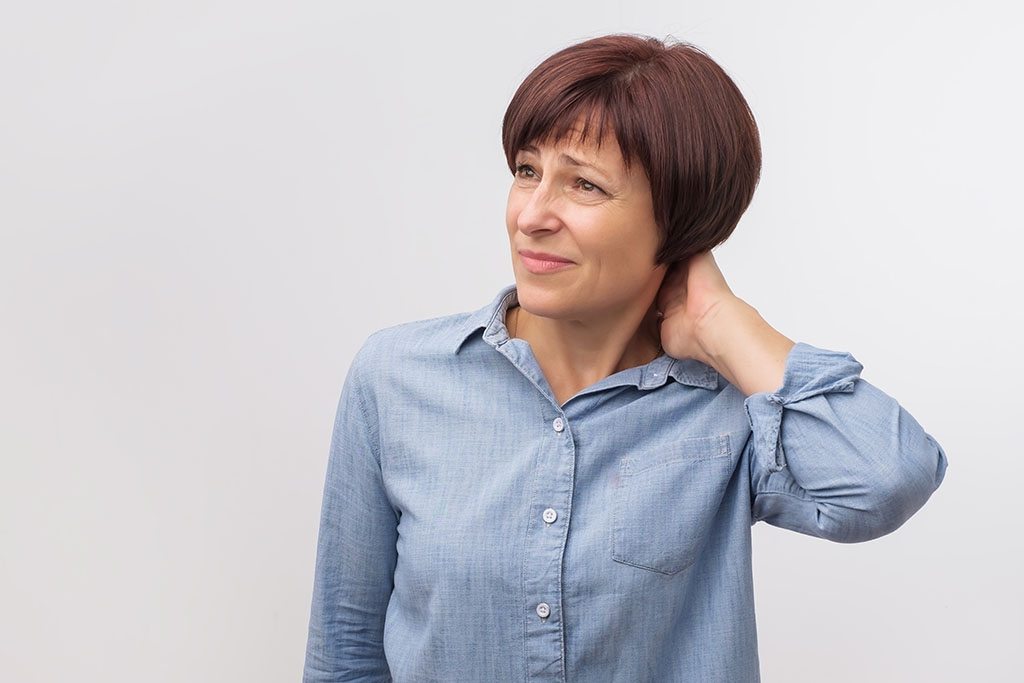You Don’t Do You
What this means
You could have the tendency to be inauthentic and compromise your true self. Your authentic self is the real you - the person who you truly are when you’re being completely honest with yourself. It is your genuine personality at your deepest core. When you mask who you are – maybe to fit into a social group, to appear politically correct or to avoid being rejected or hurt, you may find yourself stuck before too long.
Potential consequences
When you chronically compromise your true self, it can impact your self-image and self-esteem. You may experience pressure to juggle who you are claiming to be and your real self, which can be mentally and physically draining. An undercurrent of fear might be present, as you are scared of being not good enough, too much to handle or being outed in some way.
You’re On A Road to Nowhere
What this means
When you don’t know what your purpose is, or maybe you do but don’t live in alignment with it, then you are on a road to nowhere. Your purpose in life is your reason for being and fills you with a sense of rightness. It doesn’t have to be grandiose or noble; it might be ending a family cycle of addiction, planting a beautiful garden each spring, or living a life with no regrets. While everyone has a purpose, many individuals haven’t discovered it yet and feel stuck as a result.
Potential consequences
Not having a purpose can make you feel aimless, untethered, confused, and frustrated. Without that vital compass to help navigate important decisions and circumstances, it is easy to become stuck. You may feel rudderless about where to live, how to develop healthy relationships, or how to deal with a growing pile of debt. “React first, think later” could be a bumper sticker on your car. When you lack the tools to set a meaningful direction, it is very difficult to effectively chart your course and correct it when needed.
You Don’t Consider Forgiveness
What this means
You don’t easily – or perhaps ever – forgive others or yourself. According to the Greater Good Science Center at University of California, Berkeley, “psychologists generally define forgiveness as a conscious, deliberate decision to release feelings of resentment or vengeance toward a person or group who has harmed you, regardless of whether they actually deserve your forgiveness.” Being wronged in some way, intentionally or not, can get you stuck in a really negative place if you are unable or not willing to work through those feelings. Often, we hold on to that energy, let it stew, and release it in damaging ways, such as anger, resentment, and revenge. Sometimes, the hardest person to forgive is yourself, even if you haven’t done anything wrong.
Potential consequences
An unwillingness to consider forgiveness can lead to feelings of self-doubt, loneliness, resentment, failure, or frustration from a lack of resolution. The Mayo Clinic noted that if a person is unforgiving, the consequences could include bringing bitterness and anger into your relationships, an inability to enjoy the present, depression or anxiety, a lack of a greater sense of meaning or purpose, and the loss of valuable connection with others.
You Don’t Trust Yourself
What this means
You have a tendency to second-guess your decisions and distrust your actions. Not trusting your judgment can lead to tremendous self-doubt, which is a one-way ticket to getting stuck. When you experience self-doubt, you question everything about yourself. Nothing feels good enough. Past relationships, your appearance, the clothes you wear, what you do for a living, your education, how you raised your children, and more could feel lacking or at its worst, be rehashed constantly in your mind into a singular, recurring verdict of feeling useless.
Potential consequences
Self-doubt can paralyze your ability to move forward, grow, or change, even when you know those things might be necessary. Because you don’t trust yourself to make good decisions, you stick within a narrow comfort zone of experiences and people. Risks are to be avoided at all costs and even safe bets that may require a shift in habits fill you with apprehension. There is no sense of risk-reward; you avoid moments of growth out of a fear of failing the challenge. When you don’t trust yourself, it also limits your self-awareness.
You are a Debbie Downer
What this means
A “Debbie Downer” is a consistently pessimistic person who chooses to focus on the negative. Ever fixate on one adverse comment after receiving an avalanche of praise or find yourself consistently paying more attention to bad news over good? Unfortunately, a tendency to see the proverbial glass as not only half-empty but cracked isn’t doing you any favors. Consistently choosing pessimism over optimism can prevent you from overcoming obstacles and thriving.
Potential consequences
Always being the pessimist can lead to chronic stress, which negatively impacts your physical and psychological health. It can also impact your relationship with yourself and others. If you always point out what could and probably will go wrong in every circumstance, it sucks the joy out of everyone else’s life—including your own. Determined to avoid disappointment, you can easily discount or avoid pursing opportunities that may bring you joy. Predicting that the worst will happen makes sense in your mind, as it seems to protect you from an inevitable let down. But because you don’t reach for what you desire or take a chance to love, shine, trust, or grow, there’s nothing positive to be let down from.
You are Not Flexible
What this means
Regularly find yourself digging your heels into the ground when you are unwilling or unable to pivot when faced with changes, big or small? This kind of inflexibility means you may refuse to change—even to your detriment. Fear lies at the heart of inflexibility, causing you to deny the reality of circumstances that may require a pivot. Change could be making you uncomfortable because you associate it with a loss, whether that is a loss of power, control, independence, relevance, or a loss of who you are. Often, when it comes to getting stuck, someone who falls into the inflexible category tends to wallow in being stuck instead of doing something about it, or you may feel you can’t change or shouldn’t have to change as required. Regardless of the circumstances, being inflexible ultimately leads you to feel stuck.
Potential consequences
Inflexibility can completely shut down your ability to “bounce back” from life’s hard knocks, which can harm your well-being, relationships, and ability to thrive in many ways. You risk losing out on professional opportunities, personal growth, and fulfillment. It can negatively impact your physical wellness and lead to increased stress, worry and anxiety.
You are Shipwrecked
What this means
When You Are Shipwrecked, you may have a lack of connection with others, not be part of a supportive community, or simply be unwilling to ask for help when needed. In any case, it is a tried-and-true recipe for getting stuck. You can feel isolated or lonely whether you are physically separated from people or living in a large city or a household with others. It is easy to get trapped in your own thoughts, growing increasingly frustrated and negative. You don’t have a network to run ideas by, help solve problems, or provide you with support.
Potential consequences
Not being part of a community can result in social isolation and loneliness, which harms your well-being and mental health. The Centers for Disease Control reported that social isolation and loneliness can increase your risk of premature death, heart disease, stroke and dementia and lead to poor relationships, and increase the risk of depression and anxiety.







